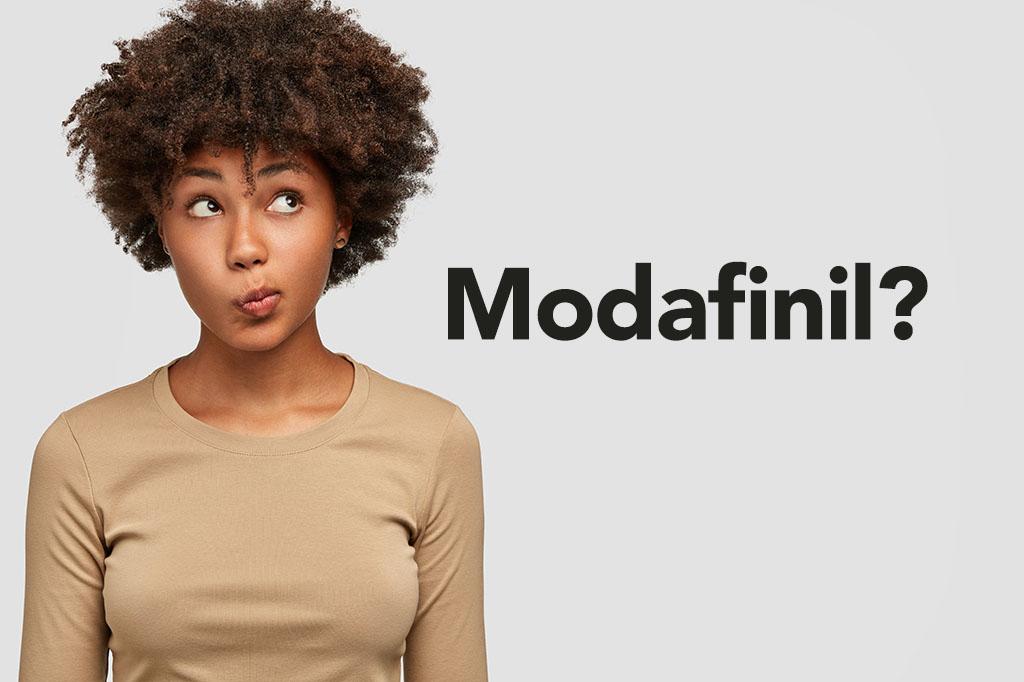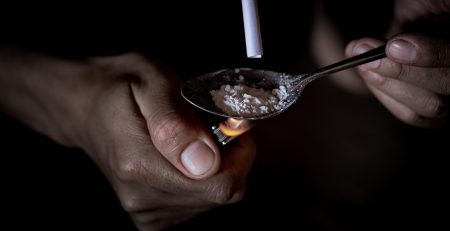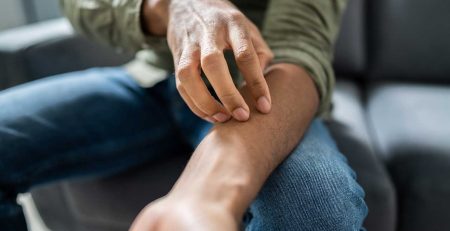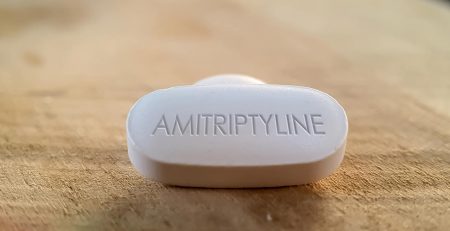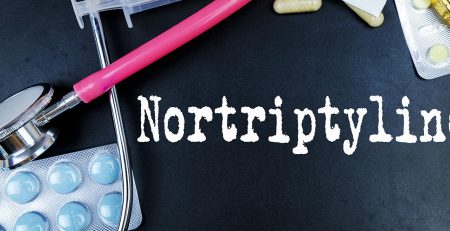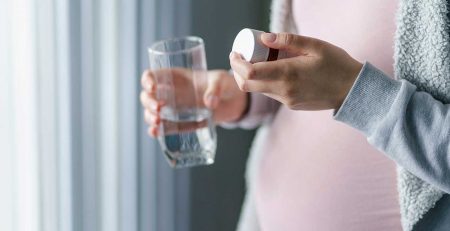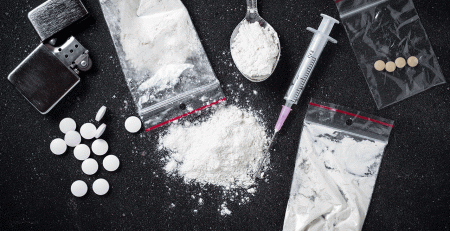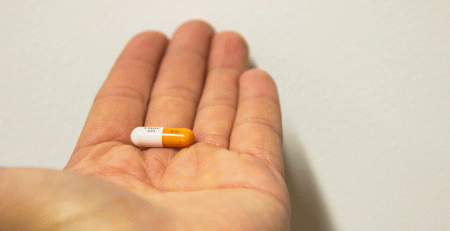Also known as Provigil, modafinil is a medication used to promote wakefulness in people with sleep disorders like narcolepsy, obstructive sleep apnea, idiopathic hypersomnia, excessive daytime sleepiness, and shift work sleep disorder. Patients taking this medication often wonder if they can safely mix modafinil and alcohol. However, as is the case with most other medications, this combination may produce a potentially life-threatening reaction. Whether you’re taking this medication or you’re thinking of starting treatment, keep reading to learn all you need to know about the effects of Provigil and alcohol.
Questions about our Programs?
Our admissions coordinators are available 24/7 to answer any questions you may have as you consider whether treatment at Banyan is right for you or your loved one.
What Is Modafinil?
Modafinil is the generic name for the prescription psychostimulant Provigil, which is prescribed to help patients with sleep disorders stay awake when they need to. Although modafinil is structurally similar to stimulants like amphetamines, its side effects and mechanism of action are different.
Modafinil works by influencing the activity of neurotransmitters dopamine, norepinephrine, glutamate, GABA, and serotonin, each of which plays a role in mood, wakefulness, and alertness, among other functions. Dopamine is one of the neurotransmitters that are most strongly affected by modafinil, as the medication inhibits the reuptake of dopamine through specific dopamine transporter channels. Modafinil also impacts serotonin, increasing its activity in regions of the brain such as the amygdala and frontal cortex.
Modafinil is usually prescribed as a tablet to take by mouth with or without food once a day. Patients typically take it in the morning if they’re using it to treat narcolepsy or obstructive sleep apnea/hypopnea syndrome (OSAHS). When taken for shift work sleep disorder, modafinil may be taken an hour before the individual’s shift starts.
What Happens When You Mix Modafinil With Alcohol?
As with other medications, especially those that impact neurotransmitters, it’s important to follow the prescribing doctor’s directions as well as the drug’s label instructions closely. Especially because Provigil is addictive, it’s important to take the amount prescribed only as frequently as directed by your doctor. There’s also a matter of avoiding polysubstance use or combining modafinil with other substances.
It’s common for people to drink alcohol while taking prescription drugs, either because they don’t realize the damage it can do or because they do so purposely to experience a certain reaction. Such is the case for alcohol and modafinil. Unfortunately, many patients will either neglect to let their doctors know that they drink heavily, they’ll purposely experiment with a modafinil-alcohol interaction, or they’ll accidentally drink while modafinil is in their system.
Regardless, this combination can produce various unpleasant reactions. Some major modafinil and alcohol effects to keep in mind if you’re taking this medication are blackouts and increased alcohol intolerance. While the former can increase the risk of injury and possibly brain damage, alcohol intolerance makes the body more sensitive to the substance, making intoxication occur more quickly and poisoning more likely.
Furthermore, alcohol and Provigil affect the brain differently. Alcohol stimulates the activity of the neurotransmitter GABA and decreases the activity of glutamate, which depresses the central nervous system and causes impairment. On the other hand, modafinil is a GABA antagonist that decreases GABA production and instead increases glutamate production, stimulating the central nervous system. The overall effect of this combination is a tug-of-war between opposing effects.
What to Do if You Accidentally Mix Modafinil and Alcohol
In the event that you or someone you know experiences alcohol poisoning or modafinil overdose as a result of mixing the two, call 9-1-1 immediately. Not only can modafinil lead to overdose (agitation, restlessness, confusion, and nervousness), but alcohol poisoning can also be deadly depending on the amount consumed.
You should also avoid self-medicating with any other substances or supplements, as this can accidentally worsen the individual’s symptoms. Other remedies like cold baths, hot coffee, water, and exercise also will not reverse symptoms of alcohol poisoning but could potentially make them worse.
Get a Free Insurance Verification Today!
"*" indicates required fields
Is There a Bigger Problem?
As we previously mentioned, mixing modafinil and alcohol is a way for some people to experience an intense high or intoxication. In an attempt to increase the effects of either substance, a user looking to get intoxicated may combine the two. Individuals who have made a habit of combining their medications for the purpose of misuse may be struggling with an addiction.
If this sounds like you or someone you care about, get help before things get worse. Our BHOPB detox center offers medically supervised detox to help clear drugs and alcohol from the body in a safe and medically-secured environment.
Once they’re medically stable and physically recovered from withdrawals, clients then have the opportunity to begin their care in our residential treatment program, depending on the severity of their disorder. Our facility also offers substance-specific rehab programs to address individual substance use disorders and ensure each patient gets the individualized care they deserve.
For more information about our addiction treatment in Lake Worth and how we can support you or a loved one through recovery, call Behavioral Health of the Palm Beaches today at 561-220-3981 or send us your contact information, and one of our admissions specialists will reach out to you.
Related Reading:


